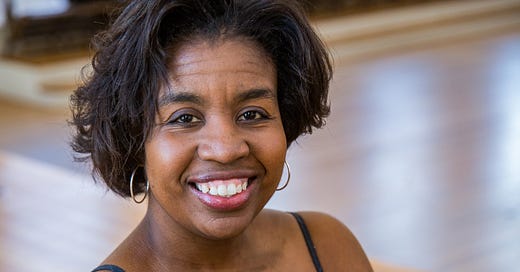Hello to new subscribers and welcome to Sitting in Silence, a newsletter for readers, writers, and thinkers. The Interview has become a popular feature for the newsletter. I love talking to writers of all stripes regarding their journeys. They never disappoint. This issue’s conversation is with the poet January Gill O’Neil.
I write this from the Read My …
Keep reading with a 7-day free trial
Subscribe to Sitting in Silence to keep reading this post and get 7 days of free access to the full post archives.



